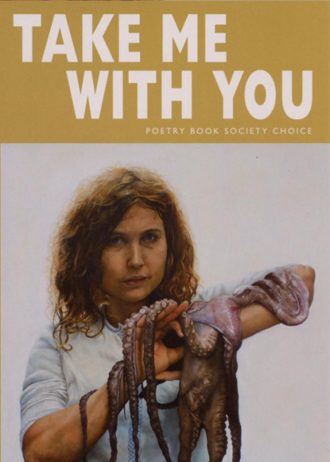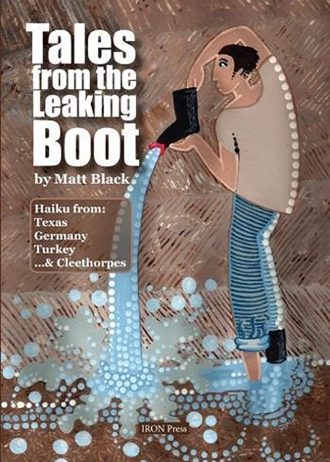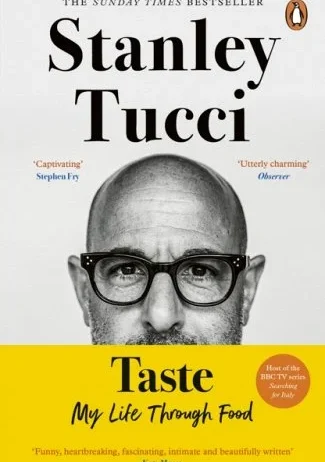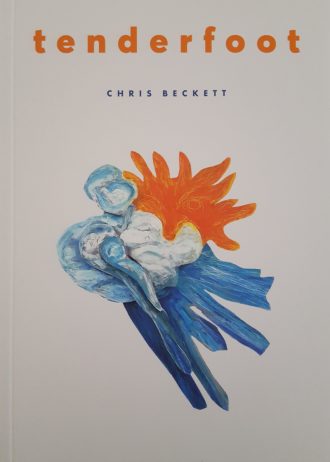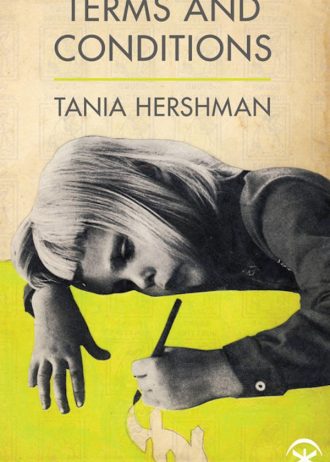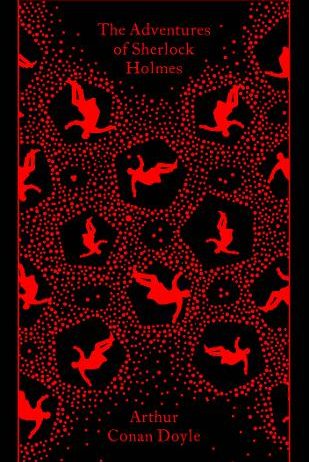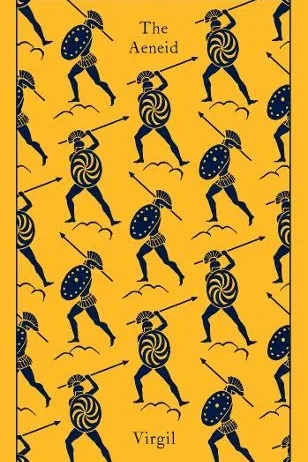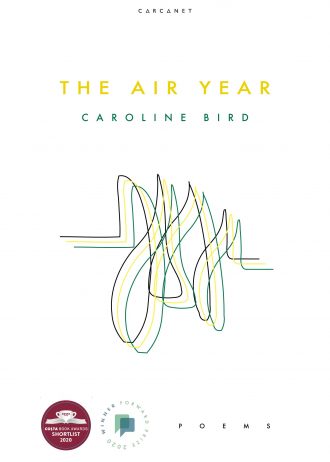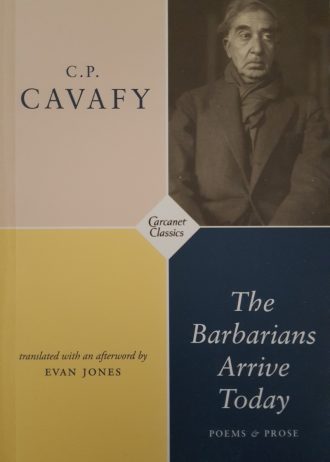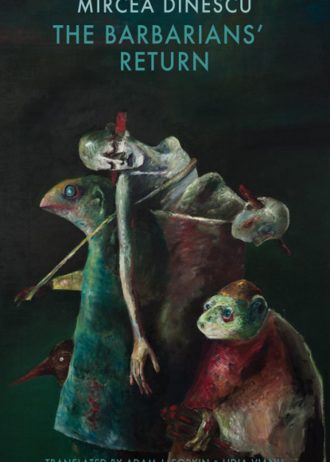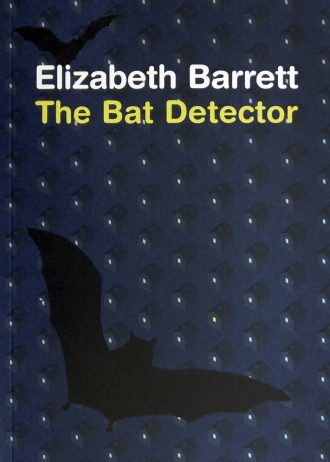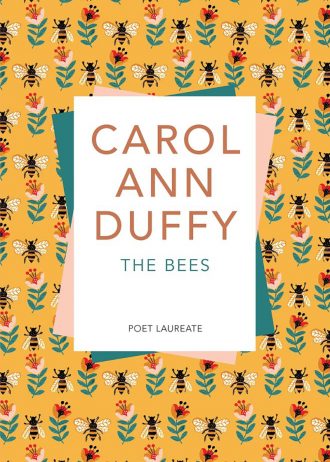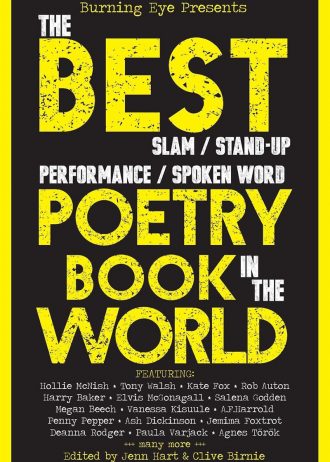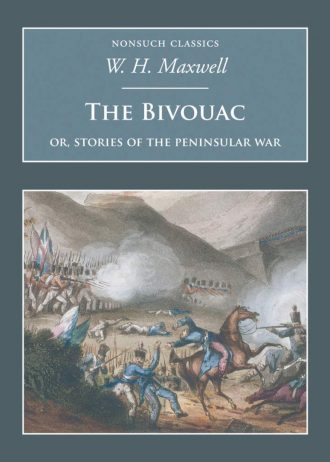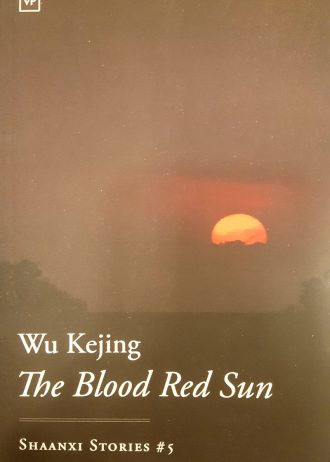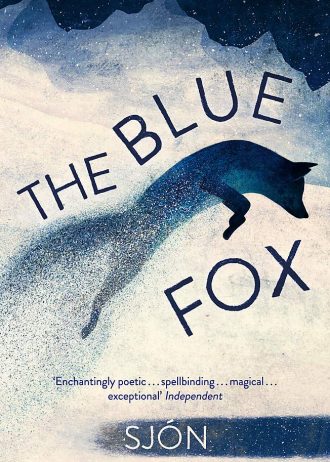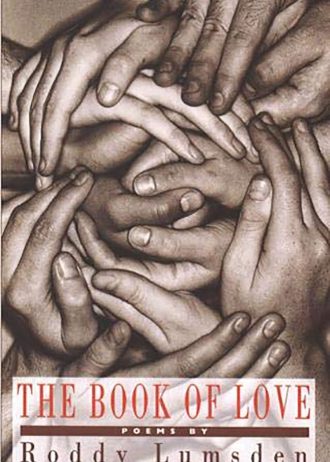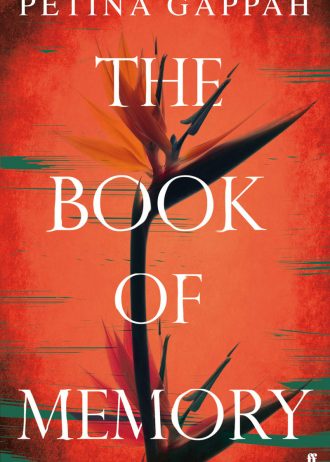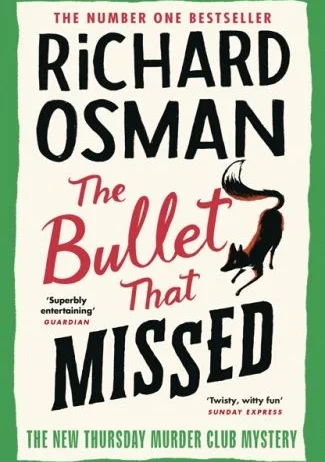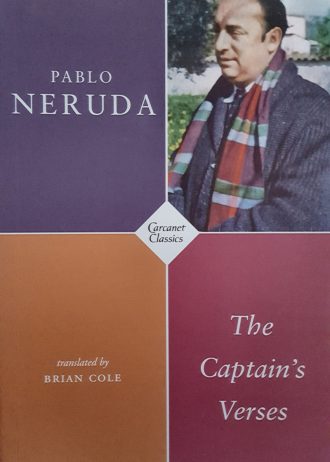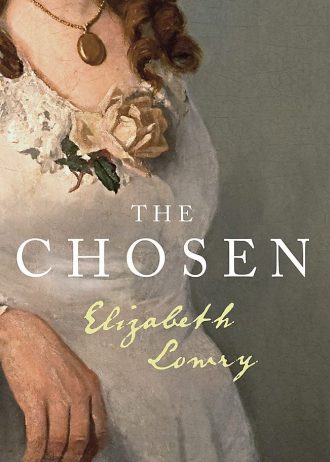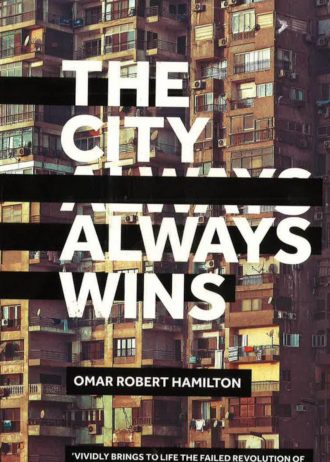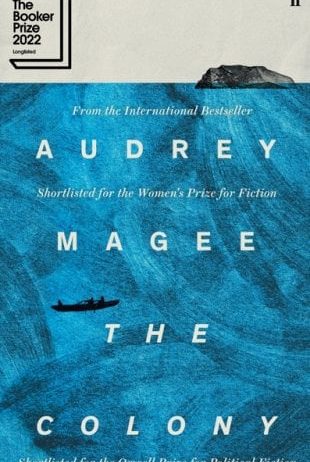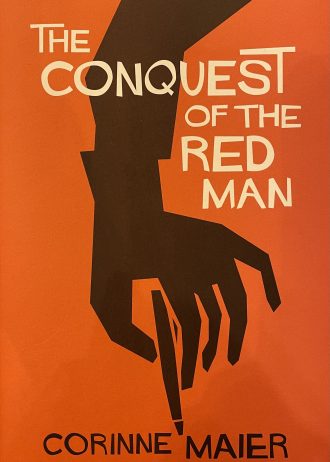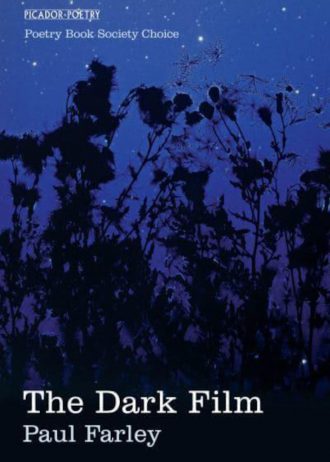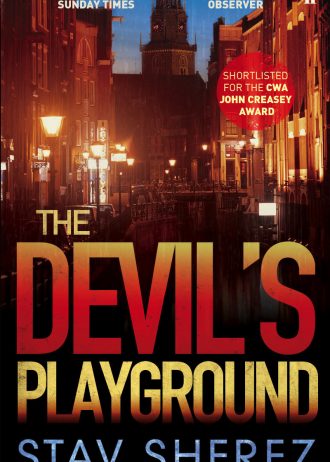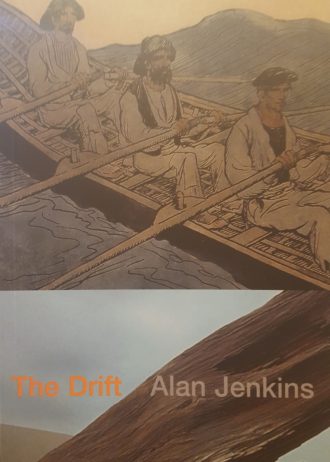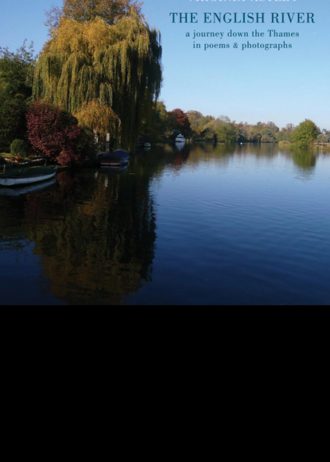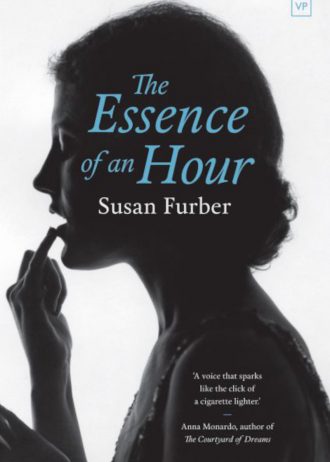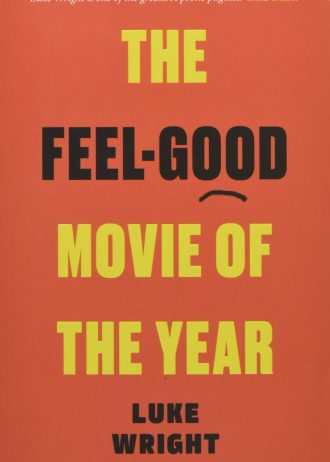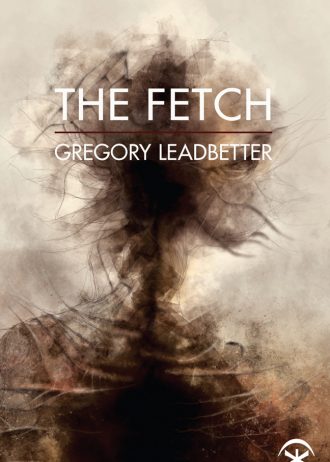THE NO.1 SUNDAY TIMES BESTSELLER
A Guardian book of the year
A Times book of the year
A Daily Mail book of the year
From award-winning actor and food obsessive Stanley Tucci comes an intimate and charming memoir of life in and out of the kitchen. For Stanley and foodie fans, this is the perfect, irresistible gift.
‘It’s impossible to read this without becoming ravenous!’ — Nigella Lawson
‘It is as infectious as it is delicious, as funny as it is insightful. The only reason to put this book down, is to go cook and eat from it’ — Heston Blumenthal
From award-winning actor and food obsessive Stanley Tucci comes an intimate and charming memoir of life in and out of the kitchen.
Before Stanley Tucci became a household name with The Devil Wears Prada , The Hunger Games , and the perfect Negroni, he grew up in an Italian American family that spent every night around the table. He shared the magic of those meals with us in The Tucci Cookbookand The Tucci Table , and now he takes us beyond the recipes and into the stories behind them.
Taste is a reflection on the intersection of food and life, filled with anecdotes about growing up in Westchester, New York, preparing for and filming the foodie films Big Nightand Julie & Julia , falling in love over dinner, and teaming up with his wife to create conversation-starting meals for their children. Each morsel of this gastronomic journey through good times and bad, five-star meals and burnt dishes, is as heartfelt and delicious as the last.
Written with Stanley’s signature wry humour and nostalgia, Taste is a heartwarming read that will be irresistible for anyone who knows the power of a home-cooked meal.
‘ The man, the myth, The Devil Wears Prada legend Stanley Tucci has blessed our hungry souls with a food memoir [… in which] he divulges some of his most treasured memories and stories behind favourite recipes – prepare to feel bereaved when it’s over’ – – Evening Standard
‘ Superb … Taste enriches the reader and establishes Tucci as one of the wisest and most generous personalities of our time’ – – Daily Mail

